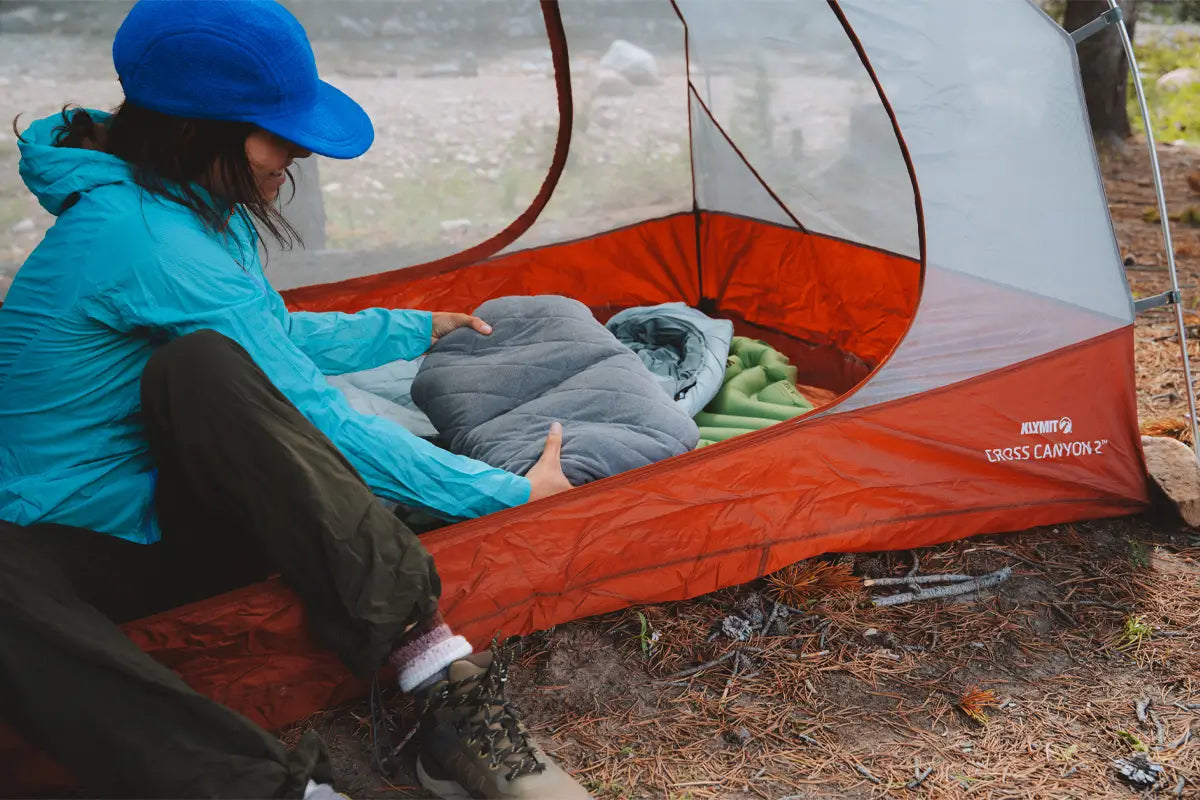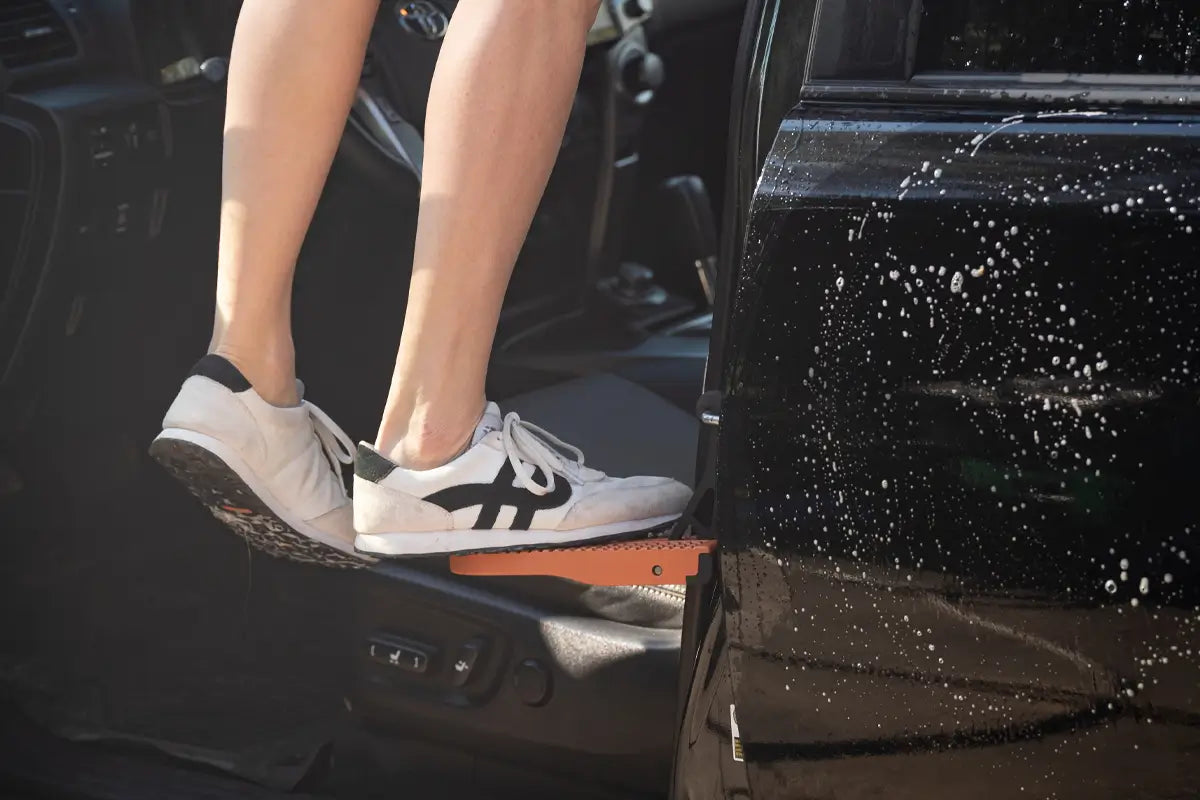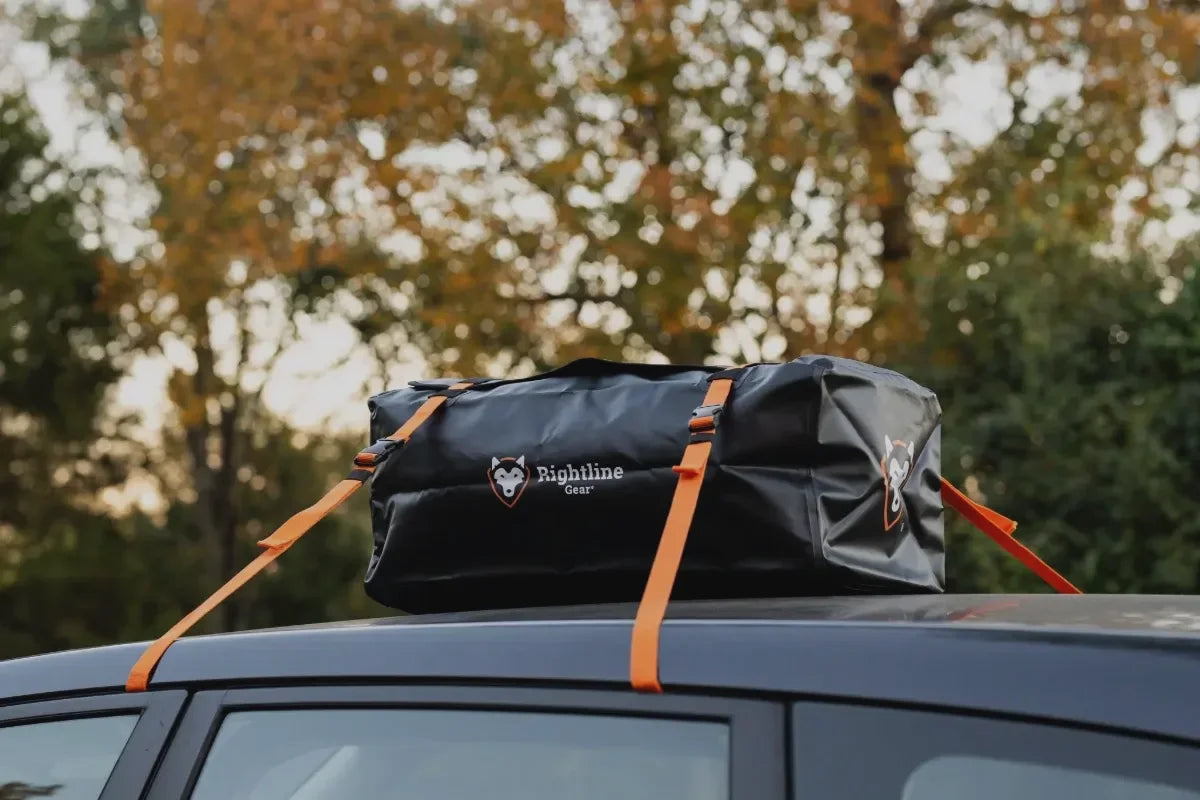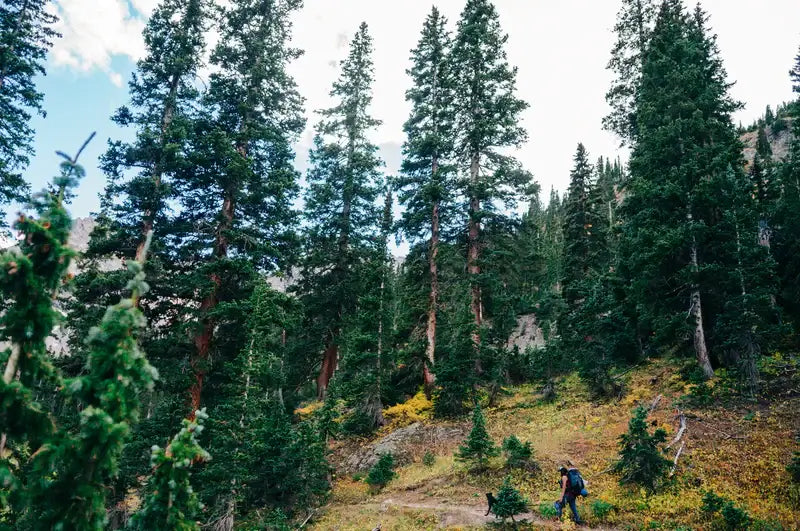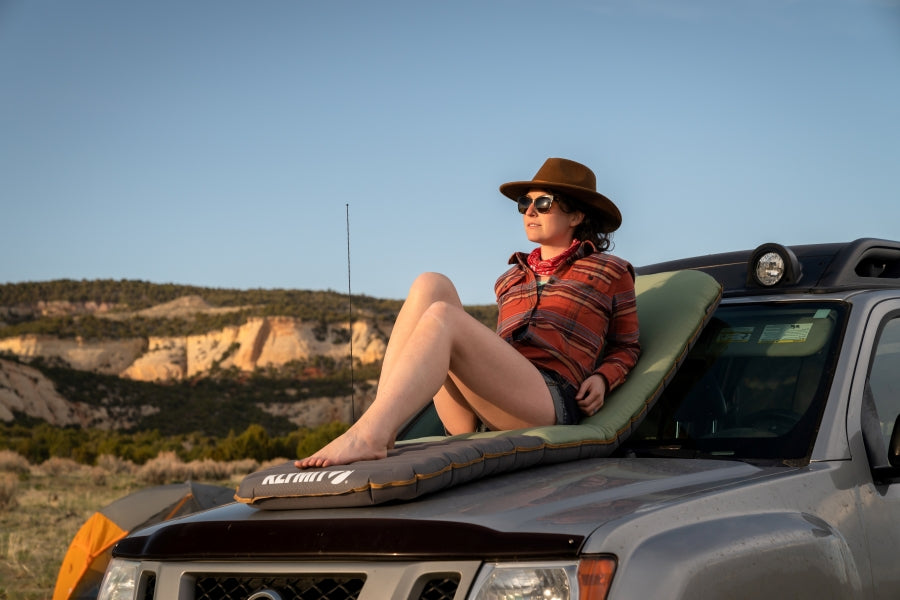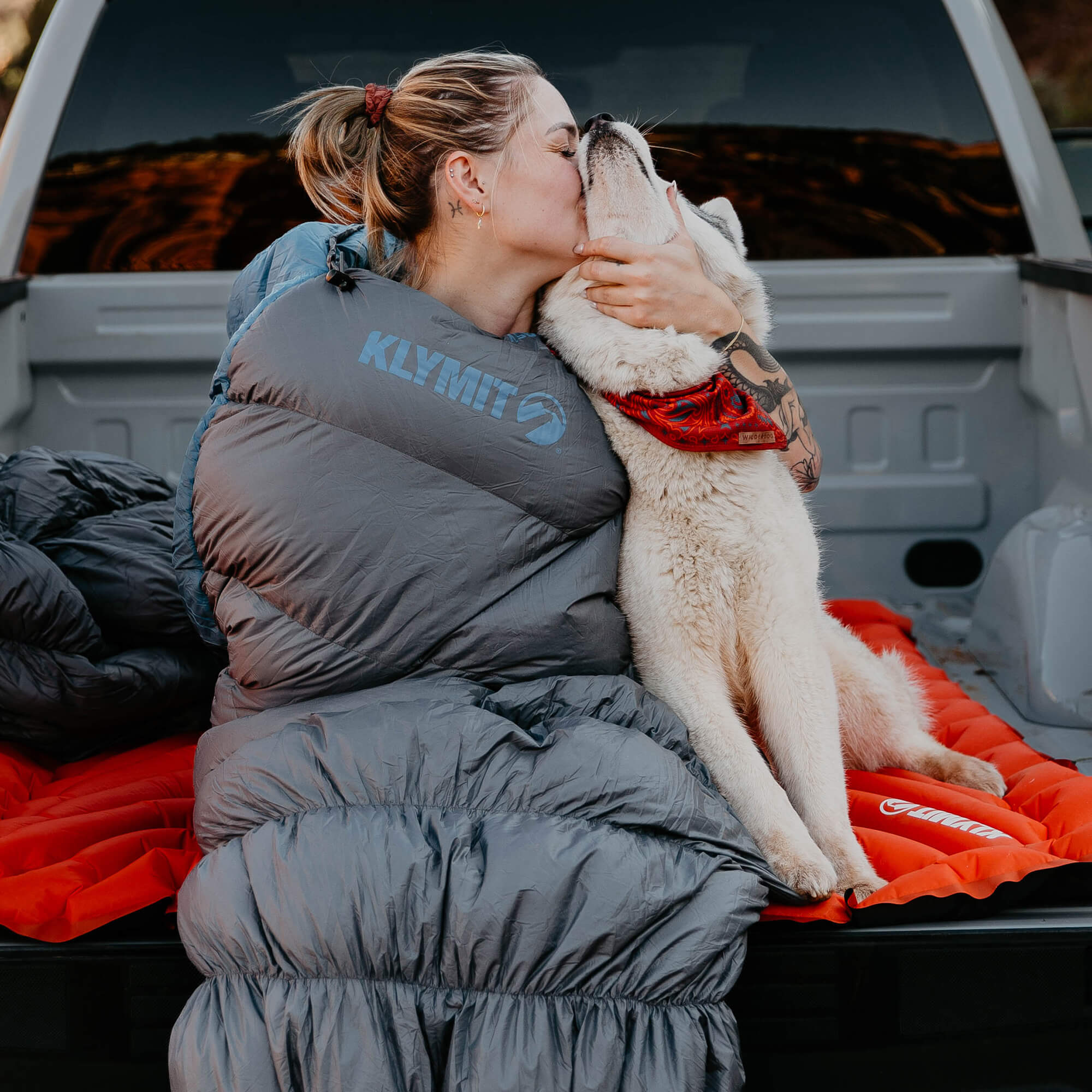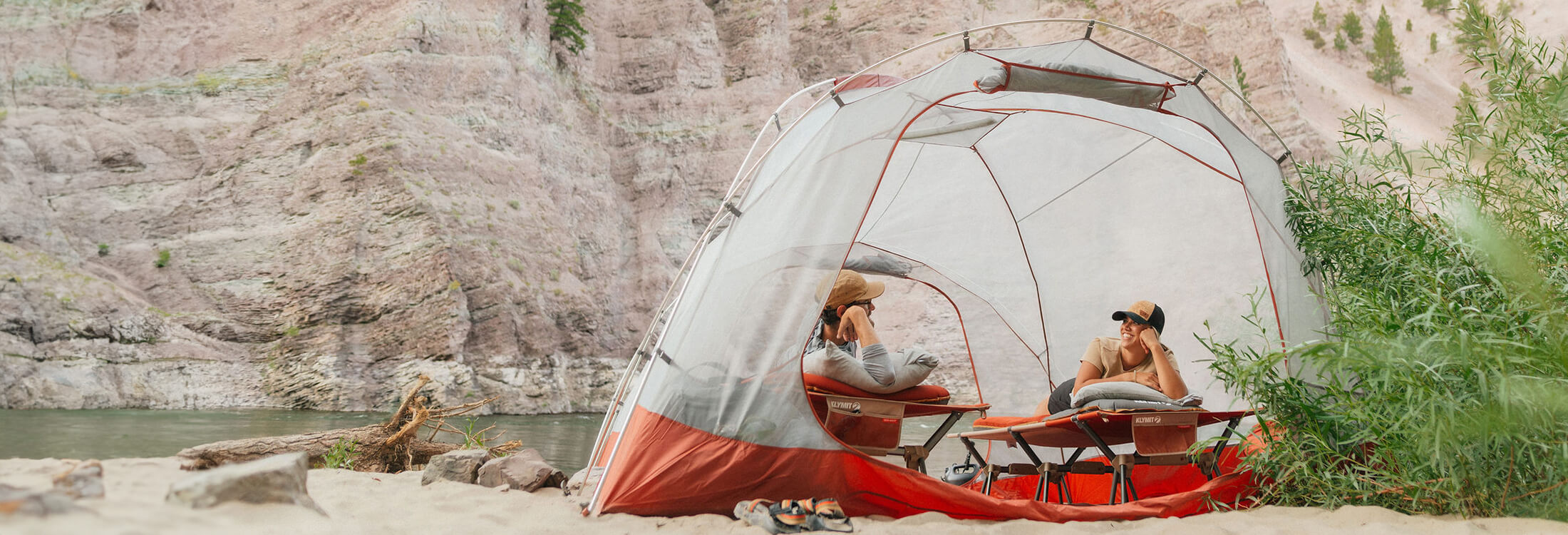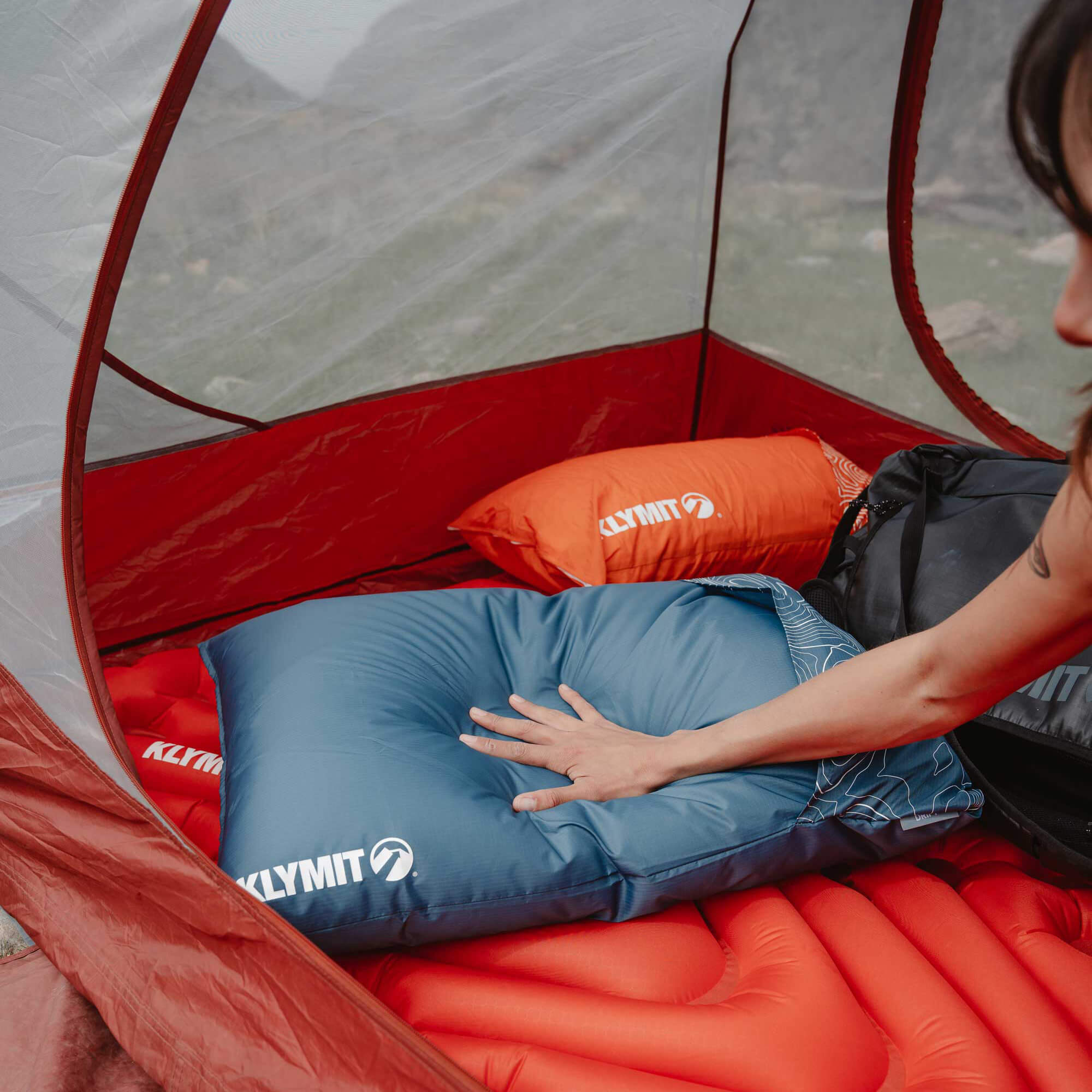You absolutely love camping, and you know you love a good hike. The time has finally come to combine the two. That’s right, it’s time to take the next step to do an overnight backpacking trip. Well, it’s a big step. Instead of being able to cram all your extra stuff into your car or camper, everything has to fit into this backpack that looks humongous until you start stuffing it with all the things you need. So let’s check out some tips to help you get ready for your first night overnight backpacking trip.
Before the Trip
Be sure to put in some research before your trip. Some things to pay attention to are mileage, fees, and location. Mileage: A pleasing first backpacking trip is just a small hike. Keep it under 10 miles round trip so you can get used to hiking distances with a large pack. Ideally, find one with little elevation gain as well. Fees: While most backpacking campsites don’t have a fee for the actual site, they will have fees for permits in order for you to park or camp overnight. Location: When researching where to camp, note any do’s or don’ts about where to camp. If near water, some campsites do not allow camping within a certain amount of feet. It’s important to follow these rules in order to preserve the natural habitat for everyone else to enjoy.
Pack and Prepare!
Packing is one of the most important steps to leading towards a happy and successful backpacking trip. It’s easy to overpack, but you still want to make sure that you are prepared for the environment and the length of your stay.
The Right Layers: Before packing, check the local weather forecast. This is vital to know the extent of layers you need to bring, but some staples include: a base layer, a puffy, a shirt, bottoms, socks for each day, brimmed hats, beanies, sunglasses, underwear, sturdy hiking boots, and some gloves.
Camping Gear: While you still want to have a comfortable camping experience, backpacking makes you pay attention to the weight and size of your gear. This is where the Static V2 comes in. It’s a perfect all-over pad for car camping, tent camping , and backpacking. It’s 16 ounces, and folds up smaller than your reusable water bottle. If you are heading out in colder climates, check out the Insulated Static V Ultralite SL. This pad has a slimmer shape and lighter material, so it still weighs in at 16 ounces.
Cowboy camping and hammock camping are always a lightweight option (no tent required!), but tents like the Maxfield 2 and Maxfield 4, are perfect if you want some extra shelter. They both are fast-fly compatible to shed even more weight if needed. Instead of just bunching up your dirty clothes, check out the Pillow X Large. You will never want to go back to using puffies and shirts as a camping pillow. It folds up smaller than a pair of socks, and it has a soft material that brings comfort to the backpacking country.
The last item on your camping list is a sleeping bag. Klymit KSB sleeping bags combine synthetic and down fill to create a great mix of quality and affordability. Plus, each bag comes with a compression sack to minimize how much space it takes up.
Cooking Supplies: Since you can’t bring your big propane grill, invest in a small butane stove. They can easily fit in a pack pocket, so you can have a warm meal after a long day of hiking with a big backpack.
The backcountry is where backpacking meals shine. These dehydrated meals are compact, only require boiled water, and offer a wide variety of styles. Plus, once you are finished with your meal, the package makes a great trash container. Water is perhaps the most important. But it’s also very heavy. Your first overnight backpacking trip may be short enough to just bring a large bladder and a reusable water bottle. However, any trips over 24 hours, you’ll want to bring a water filter and ensure that you are close to a water source.
Some small things you may not think about to pack: lighter, towels, bag for trash (PACK IT IN, PACK IT OUT!), and hand sanitizer.
During the Trip
It’s important to store your food away from your sleeping area. The National Park website suggests storing your food and other scented items 100 feet or more away from your tent in a bear-resistant container in order to prevent encounters with wildlife. Additionally, clean your dishes right after eating to help keep smells away that may attract wild animals. Make sure your trash is kept away from your site, but always pack it out. Other than that, enjoy the world of nature, and don’t forget to plan out your timing with extra time to spare so you aren’t setting up camp or cooking your dinner in the dark. You’ll want to see all the stunning views that you have all to yourself. Take advantage of the absence of light pollution to try and find the Milky Way!
After the Trip
It’s vital to keep your camping gear in tip-top shape. Get your gear ready for the next time you go. This includes drying out your tent and other sleeping gear to prevent musty and moldy smells from forming. It’s also always a good idea to also clean your dishes again. Cleaning your gear will help you easily get ready for the next awesome adventure, whether it be car camping, tent camping, trailer camping or backpacking. Where do you want to go on your first backpacking trip?




